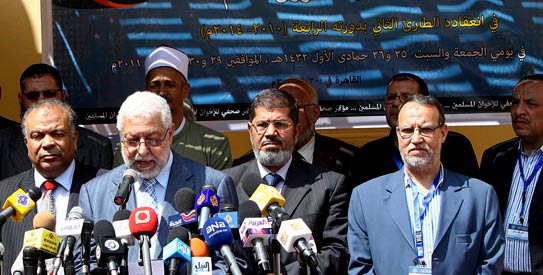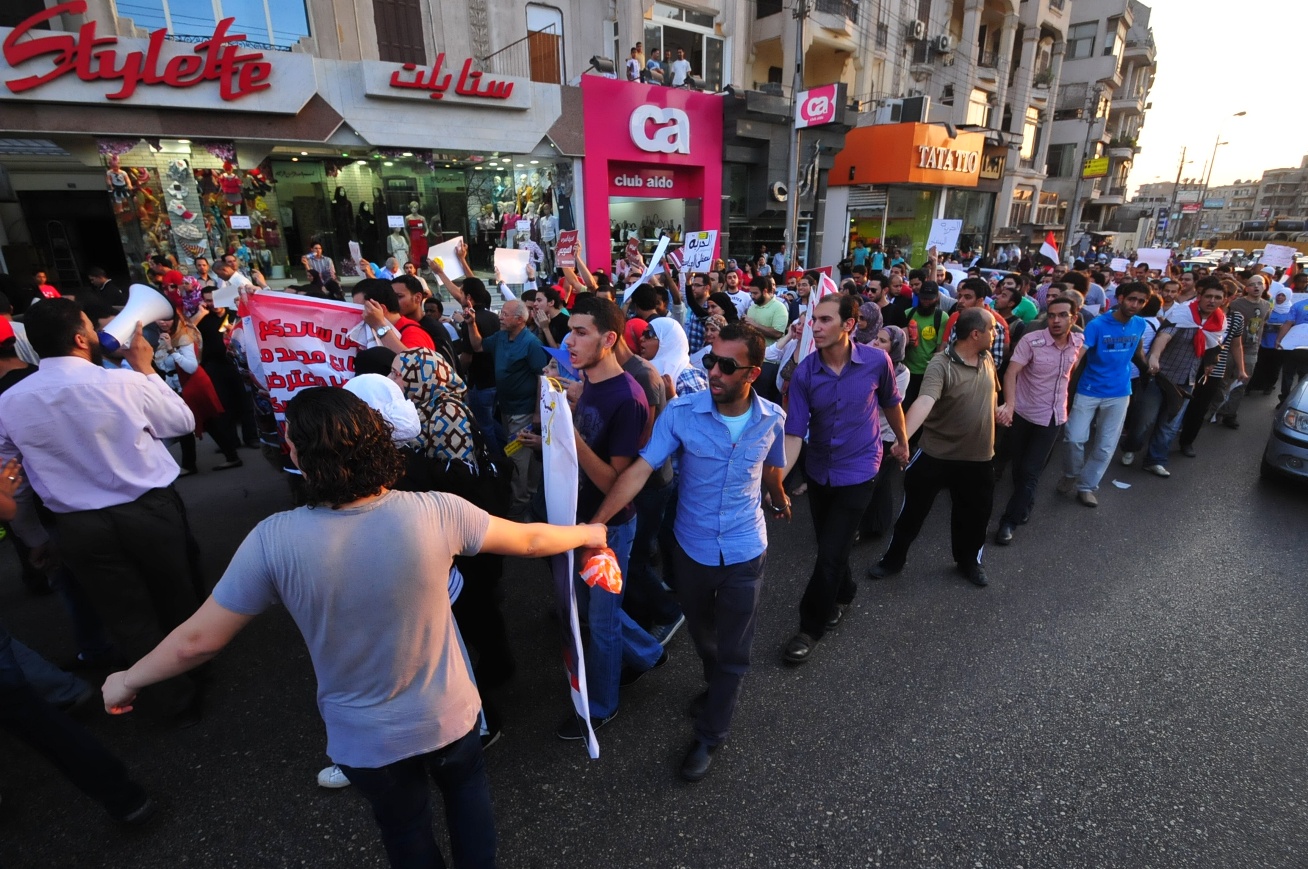DUBAI: Al-Qaeda has combined the global reach of both the English language and the Internet as cyber-terrorism tools to win over non-Arab sympathizers.
Al-Qaeda’s Yemen-based wing released the first edition of an online English-language magazine, Inspire, four months ago that included an article on how to build a bomb.
A second, 74-page edition made it to the World Wide Web last week instructing Muslims in Western countries on how to weld deadly steel blades onto SUV vehicles and then plough into civilian crowds.
With Inspire, edited by Al-Qaeda in the Arabian Peninsula (AQAP), the group hopes to recruit young Westerners to the jihadi cause and to apparently encourage random attacks.
"This is by no doubt a new experiment" as it "is the first time Al-Qaeda issues an English-language publication," a Paris-based expert on Middle East Islamist groups, Dominique Thomas, told AFP.
"These messages target Muslim communities living" outside the Arab world, Thomas said.
Philip Seib, a professor at the University of Southern California and co-author of "Global Terrorism and New Media," believes the terror network has itself become a media organization.
"It might be time to stop thinking of Al-Qaeda as the terrorist organization that does media and more as the media organization that does terror," Seib said.
Since the September 11, 2001 attacks on the United States, video, audio and written Al-Qaeda statements have mushroomed on the Internet. Now, the network has a complete web-magazine in English.
"This is a shift" in Al-Qaeda’s strategies, said Mustafa Alani, security expert at the Dubai-based think-tank, the Gulf Research Centre.
"Previously, they never cared about non-Arabic readers. This is another dimension of a global war aiming at global recruitment," he added.
Al-Qaeda "exported" militants, now it "imports" them, it used the Internet to "inform" people, now it’s using it to "recruit" them, Alani said.
Prime contenders for the authors of the new strategy are two Al-Qaeda-linked US citizens, Anwar al-Awlaqi and Samir Khan, both of whom are believed to be in Yemen.
Awlaqi, a 39-year-old American cleric of Yemeni origin, has been linked to US army Major Nidal Hasan who shot dead 13 people in Texas and to a Nigerian student accused of trying to blow up a US airliner on December 25.
Fluent in English, Awlaqi is bent on radicalizing fellow US and Western citizens and publicly urged American Muslims to follow the example of Hasan in a video message last May.
US President Barack Obama’s administration has authorized his targeted killing, in a rare move against an American citizen.
The other American believed to be behind the strategy is Samir Khan, a US citizen of Pakistani origin, suspected by US intelligence to be an Internet militant who once operated out of his parents’ basement in New York.
"I’m proud to be a traitor to America," Khan writes in Inspire’s second edition. "I’m proud to be a traitor in America’s eyes just as much as I’m proud to be a Muslim.
In a global campaign, Al-Qaeda has opted for a borderless means of communication to spread its message and encourage militants to join the "jihad" (holy war) from any part of the world.
Inspire lists a number of Al-Qaeda emails, including a Hotmail address.
But the group advises would-be recruits to download encryption software before sending messages in order to "avoid detection from the intelligence services."
European governments regularly arrest Islamist forum members.
"Anyone, living in any part of the world can direct a jihadi forum from his home," said Thomas.
Last year, France and Belgium launched a wave of arrests against "webmasters and members of three major forums which diffused jihadist information on the Internet," said the Paris-based expert.
The forums have since been closed.
"They want to increase their visibility and the logical way to do that is in English. I think it’s successful, as they’re getting attention at very little cost to them … They’re expanding their audience base," Seib said.
To curb the network’s growing threat, "governments need to make an effort to use the new media in as effective a way as the terrorist organizations have been," he said. "You just have to fight their information with your own."

